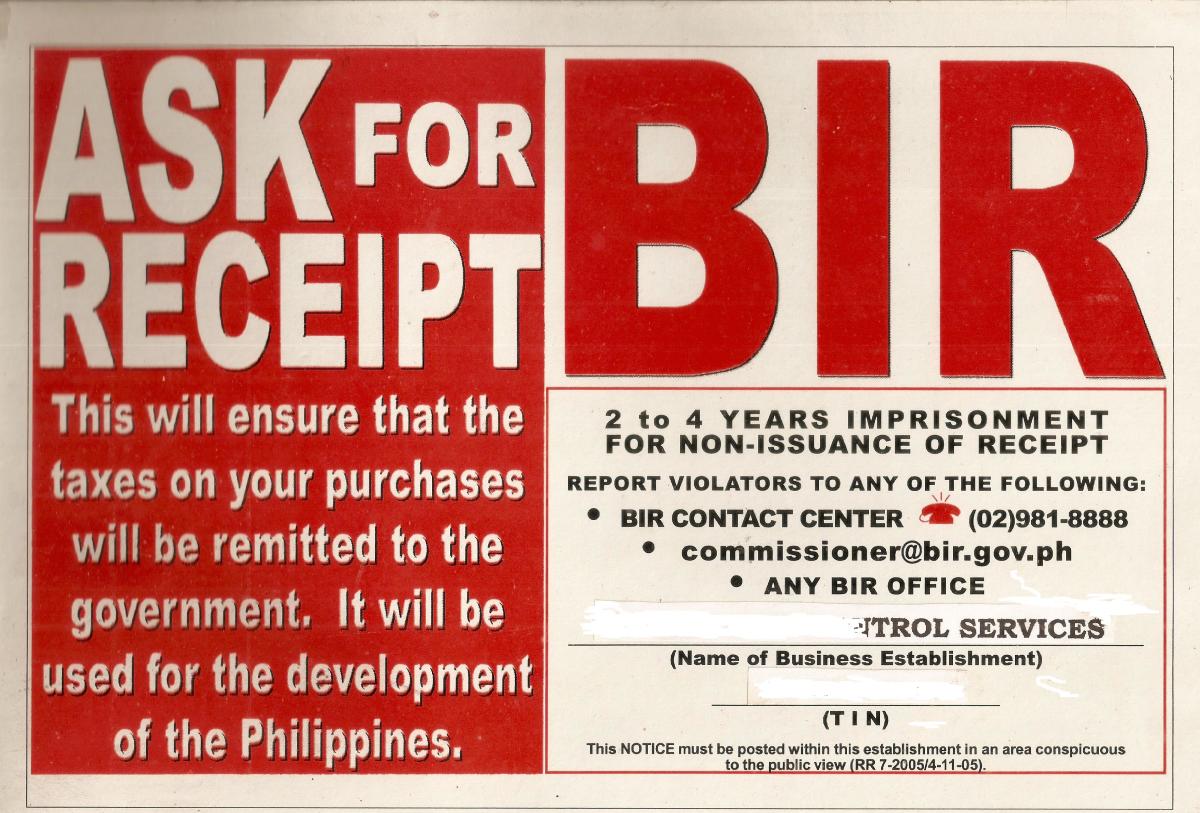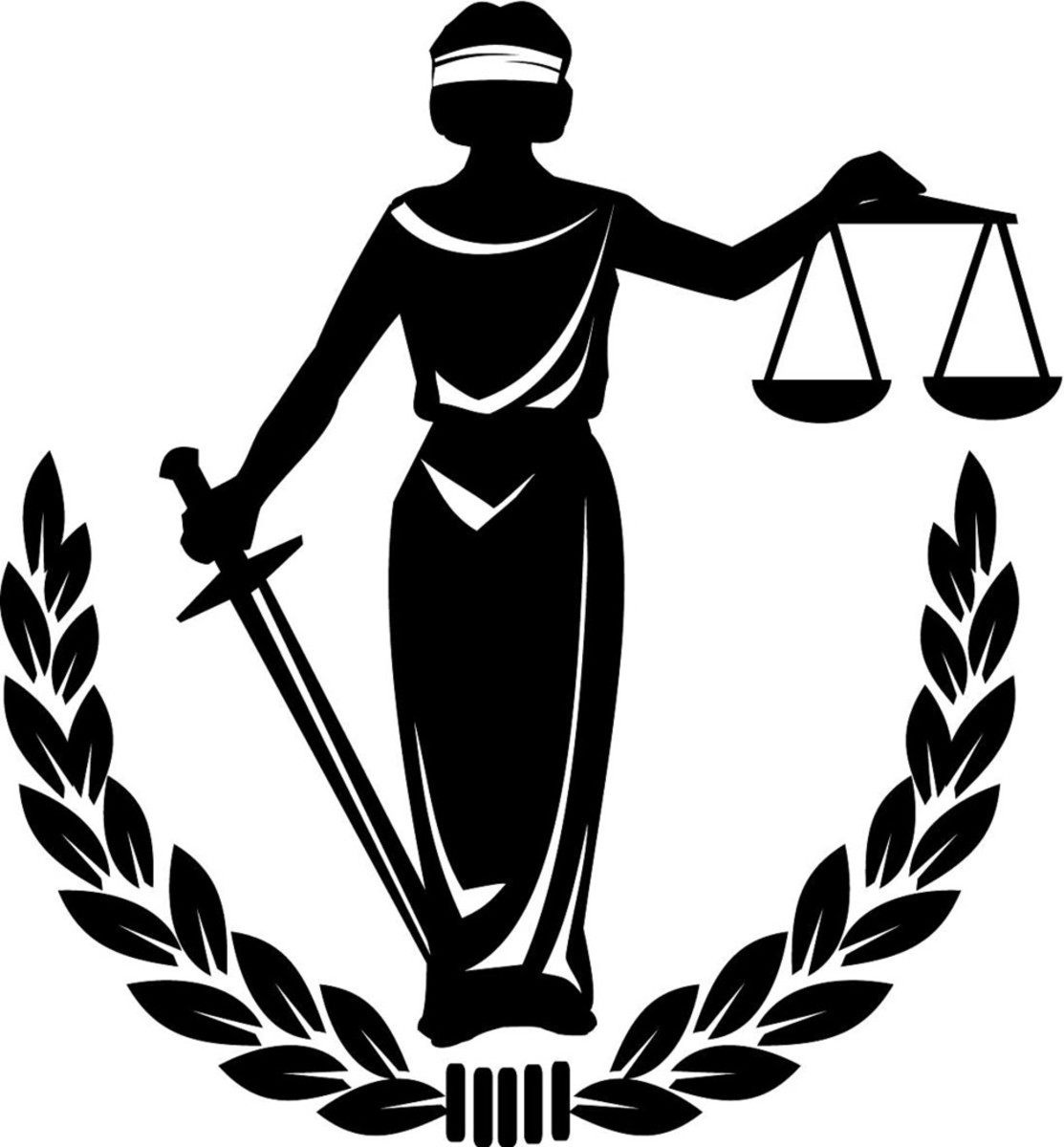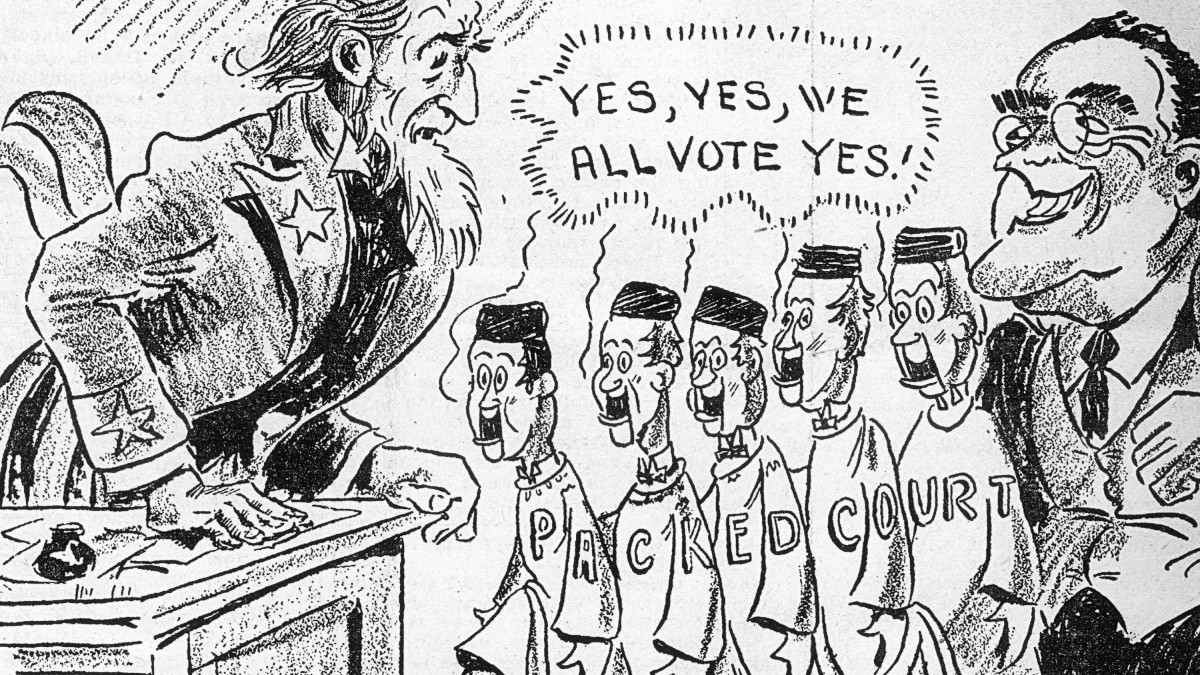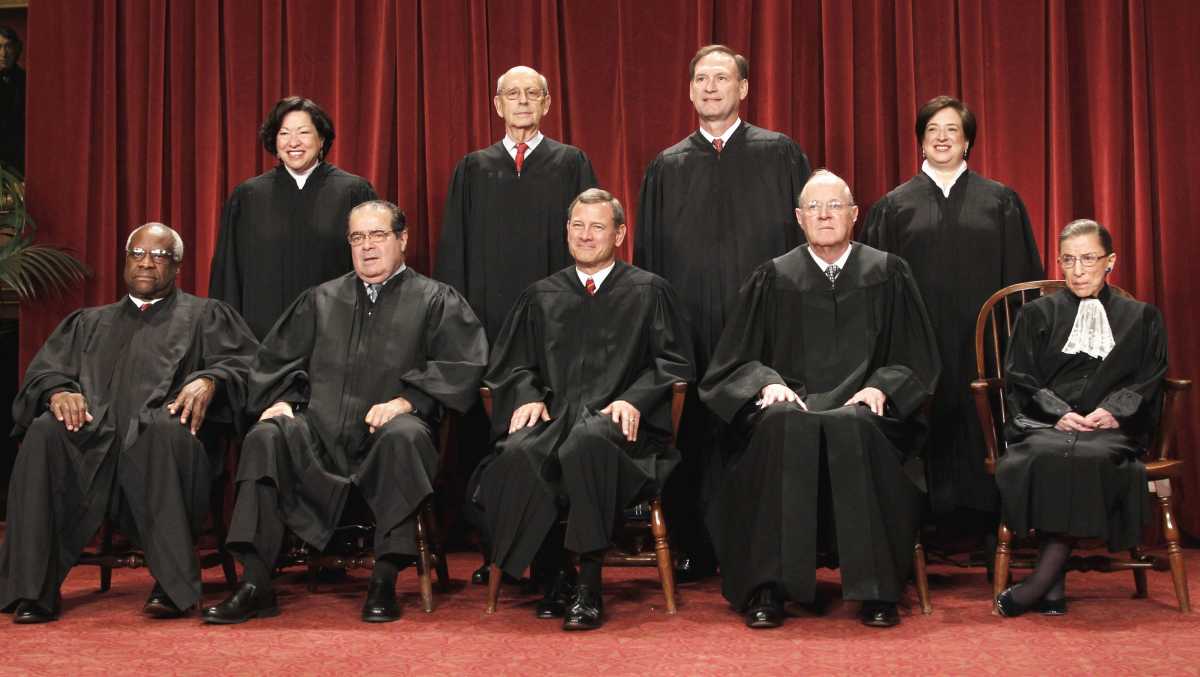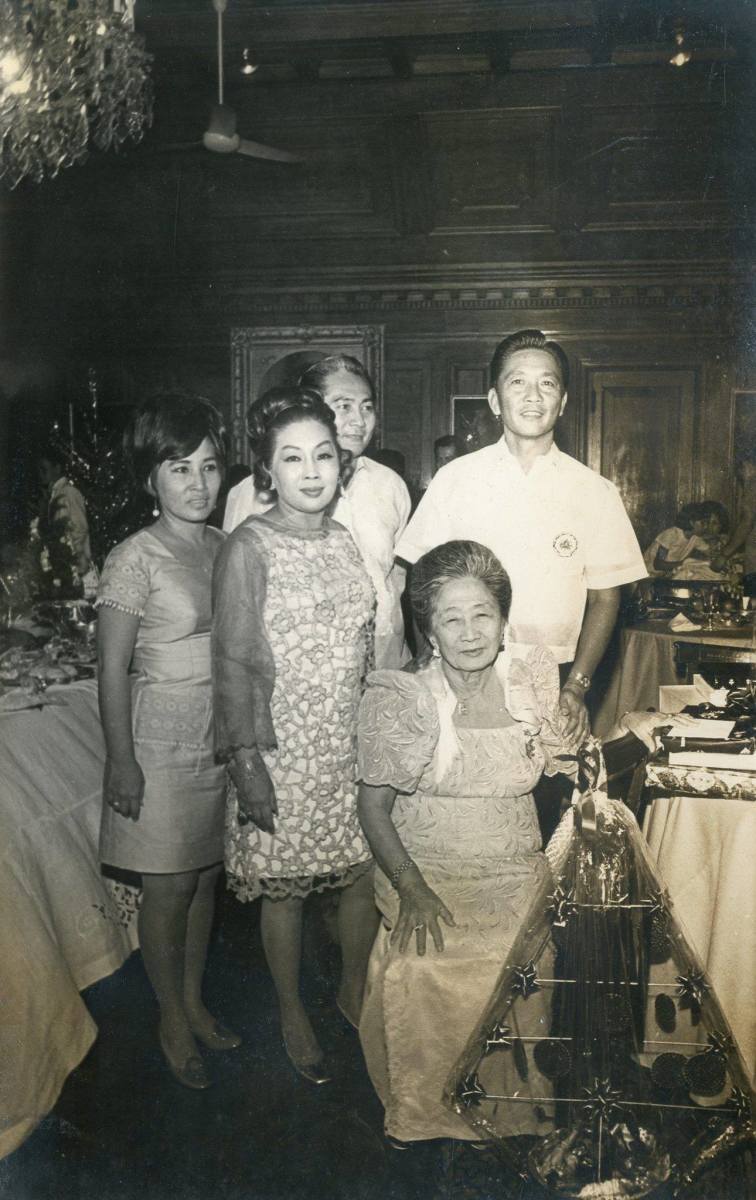Chief Justice of the Supreme Court of the Philippines Impeached
Income
Chief Justice of the Supreme Court of the Philippines is guilty as charged
In December 2011, ex-Chief Justice Renato Corona of the Supreme Court of the Philippines was impeached by the Lower House of the Congress of the Philippines. This impeachment case was endorsed to the Philippines Senate for trial. The senators acted as judges. In such a trial, the chief justice of the Supreme Court and the president of the Senate are co-chair. However, since the chief justice himself was being tried, the president of the Senate, Juan Ponce Enrile, presided over the proceedings.
[This piece was formerly a part of another Hub on the judicial review power of the Supreme Court of the Philippines and USA. However, it can stand as another Hub because it deals on the impeachment of ex-Chief Justice Corona of the Supreme Court of the Philippines.]
Some 188 congressmen/woman of the 284-member Lower House filed the case with the Philippine Senate that has been empowered to try such a case. Ex-Chief Justice, Renato Corona, was charged of corruption, partiality to former president Gloria Macapagal-Arroyo, and culpable violation of the constitution, among others.
The trial by the Senate commenced on January 16,2012. This impeachment case and trial on a chief justice of the Supreme Court is a first in Philippine history.
On day 25 of the impeachment trial of ex-Chief Justice Renato Corona, "the prosecution has so far presented 25 witnesses and marked over 200 documents as evidence for articles 2, 3 and 7 of the impeachment complaint." (Yahoo news filed by Shielo Mendoza | Yahoo! Southeast Asia Newsroom – 13 hours ago). An article is the same as a charge; "article" is a legalese term.
In Article 2, Corona is accused "of non-disclosure and untruthful disclosure of his statements of assets, liabilities and net worth."
In Article 3, Corona is accused of having failed "to act with competence, integrity and independence as a member of judiciary, while article 7 charges Corona of acting in favor of former president Gloria Macapagal Arroyo when the Supreme Court issued a temporary restraining order against the government’s hold departure order."
However, Lead Prosecutor Neil Tupas, Jr. "clarified that the prosecution reserves its right to present evidence for Corona’s alleged dollar accounts for article 2…."
On May 29.2012, the Philippine Senate sitting as court to try the impeachment of Renato C. Corona as chief justice of the Philippine Supreme Court handed down its verdict, to wit:
"After 43 trial days and hundreds of grueling hours of hearing, the Senate sitting as impeachment court have declared Chief Justice Renato Corona guilty.
"An overwhelming majority of Senators, 20-3, voted for the removal of Corona from office, most of them noting that the top magistrate no longer deserves his post. This makes Corona the first government official to be convicted by an impeachment court.
"Senators Edgardo Angara, Alan Peter Cayetano and Pia Cayetano, Franklin Drilon, Francis Escudero, Jose "Jinggoy" Estrada, TG Guingona, Gringo Honasan, Panfilo Lacson, Lito Lapid, Loren Legarda, Sergio Osmena III, Kiko Pangilinan, and Koko Pimentel, Ralph Recto, Bong Revilla, Tito Sotto, and Antonio Trillanes, Manny Villar, and presiding officer Juan Ponce Enrile all have voted for Corona's conviction.
"Senators Joker Arroyo, Miriam Santiago, Ferdinand "Bongbong" Marcos Jr., meanwhile voted for Corona's acquittal" (Yahoo News).
Integrity and accountability
In short, the charge was that Corona gave false entries in his statement of assets and liabilities and net worth (SALN). Corona himself appearing as witness finally admitted that he has some Php 80 million and US$2.4 million in bank accounts that he did not include in his SALN.
Actually there were three charges against Corona that were heard in the impeachment trial. When he was pronounced guilty on the first charge on his SALN it was immaterial to take a vote from the Senator-judges on the other two charges. Whatever the number of votes on the last two charges, the verdict of guilty on the first charge is enough to boot him out as chief justice of the supreme court of the Philippines.
Corona, also will not be allowed to hold any public office for life.
The issue of the power of the Supreme Court on constitutional review is untouched. The impeachment of Corona deals with integrity, morality and public accountability of a member of the supreme court.
At least another flaw in the appointment of members of the Philippine supreme court was highlighted. A member, including the position of chief justice, is appointed by the President of the Philippines upon nomination by the Judicial and Bar Council of the Philippines (JBCP) which is not voted by the people thus not directly accountable to the people. This manner of appointment is defective because any nominee is accountable to the President and JBCP. It used to be that the Philippine Senate confirmed that nomination to the supreme court by the President. In that case the nominee was accountable to the President and Senators who are elected by the people. Giving that responsibility to the JBCP is only for convenience, it takes a shorter time to appoint someone to the supreme court.
However, the trade off is that it removes the bars of accountability to the people and moral fitness of appointees. If the nomination of Corona went through the Senate he could not have been appointed because his hidden wealth could have been dug up. Questions as to the sources of such wealth could have been raised. This was not an issue in the impeachment trial but questions were raised just the same. Even Corona himself divulged some facts, which kept several people wondering how could a chief justice not know that such matters were irrelevant to the case in court.
In the first place, the appointment of Corona as chief justice had been questionable because former President Gloria Macapagal-Arroyo appointed him two months into the constitutional ban on new appointments during an election period. A question on the constitutionality of this appointment was filed with the Supreme Court.
The Supreme Court, that now included Corona as member, pronounced the appointment constitutional. An ordinary citizen who understands a game of basketball or football can kick himself into credulity. How could a player also decide as a referee?
All because the supreme court of the Philippines is given the power of constitutional review and only the SC can reverse its decision. If the case of unconstitutionality of the appointment were filed with Philippine Congress there was a chance that Philippine Congress could have turned down the appointment of Corona as chief justice. However, there was a catch 22: if most members of Congress were supine to ex-President Gloria Macapagal-Arroyo, Corona's appointment would still pass.
Now the members of Congress are accountable to the people who will pass judgment on their own representative. Peoples' judgment on their representatives may come in so slowly but they are the true power, not the supreme court that constitutes 15 votes only, or the President and the JBCP only. That such a number is allowed to make a judgment for the whole 90 million Filipinos rests on the assumption that a judge is impartial like a physical balance that tips in favor of the heavier object. Part of this assumption is that the judge uses logic and law only, granting intelligence.
What is ignored is that a judge is a human being who is logical and moral. It is assumed that a judge will not allow his moral side to play. The nearest simulation of such a model is the computer. But persons will program the computer, formulate and encode the entries. So we will go back to the person. The challenge is how to check the morality from playing a major role., If we include politics in the field of morality, it is not advisable to remove morality altogether. If a judge were insulated from political reality, we could foresee some undesirable consequences. The same case was faced by ex-President Franklin D. Roosevelt when he proposed an increase in the number of justices in the U.S. Supreme Court from 9 to 15. In trying to save the U.S. from the Great Depression, he installed public works to employ people. Some of his programs were pronounced by the U.S. Supreme Court as unconstitutional. The Tennessee Valley Administration (TVA) was likewise threatened with unconstitutionality. Fortunately, the Supreme Court came around to support the TVA (Taylor, D. Franklin D. Roosevelt. 2002). That means the Supreme Court was not totally insulated from the political and economic circumstances of the people.
The proceedings of the Corona impeachment showed more starkly that dispensation of justice does not involve matters of law or logic only. It also involves morality. And a judge is a law professional and a moral person. Morality includes politics in the sense of free choices.
That is why there is sense in the practice in the United States that a district judge is elected. This makes the judge directly accountable to the people. In the Philippines, a judge is appointed by the president or chief justice of the supreme court upon nomination by the members of the law profession.
It does not follow that a lawyer is morality fit all the time


